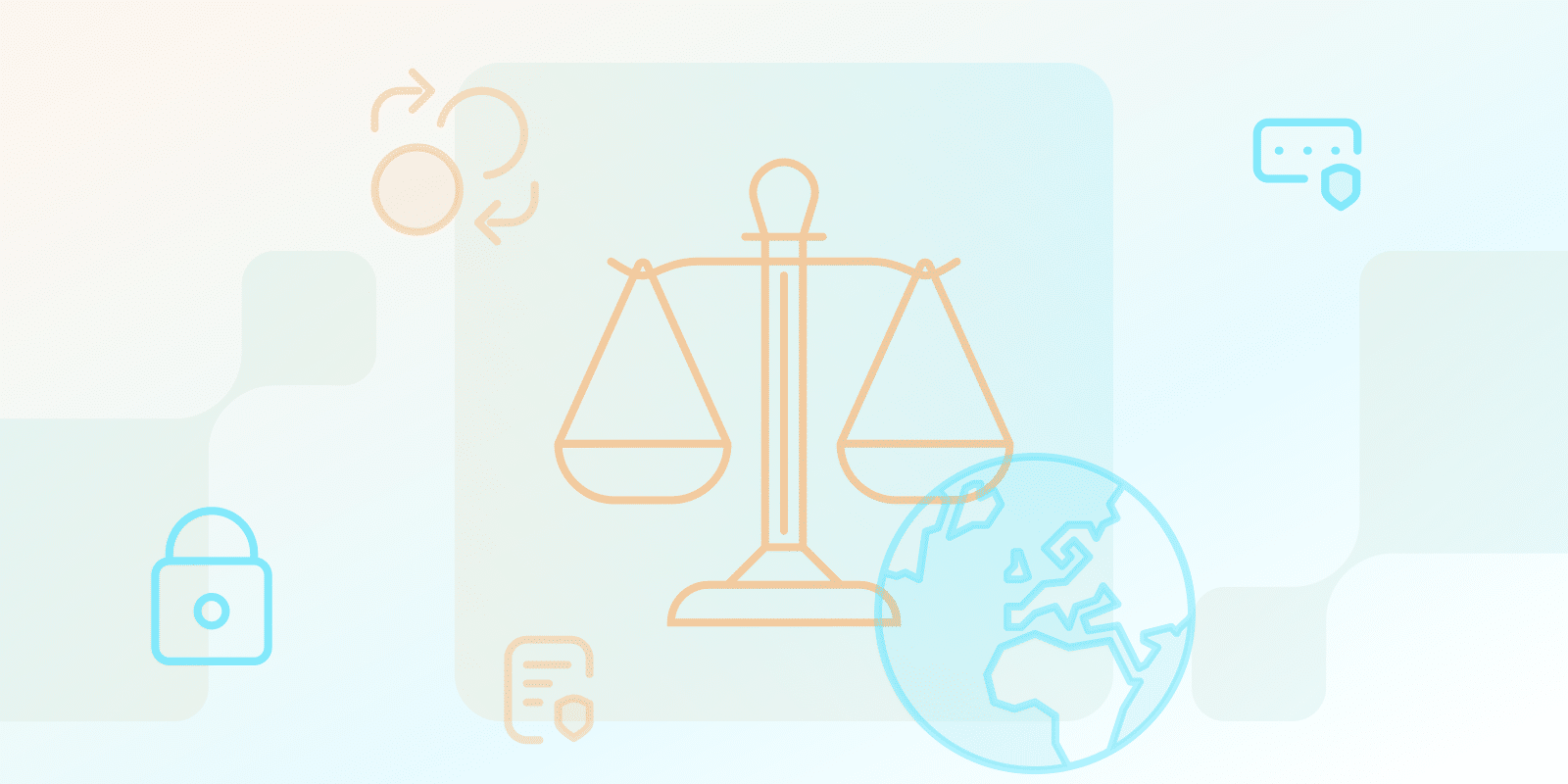Cloud Compliance
What are Industry-Specific Regulations?

What are industry-specific regulations (HIPAA, PCI DSS, GDPR)?
Industry-specific regulations apply to specific sectors, such as healthcare and finance. The primary aim is to protect sensitive data; laws will vary based on the industry’s requirements.
- HIPAA (Health Insurance Portability and Accountability Act): Healthcare industry-specific; designed for patient health data protection.
- PCI DSS (Payment Card Industry Data Security Standard): Finance industry; designed for cardholder data protection during transactions.
- GDPR (General Data Protection Regulation): Applicable to all EU member states and governs data collection and processing. Also applies to the non-EU members of the EEA (Norway, Iceland, and Liechtenstein).
Why is regulatory compliance (PCI, HIPAA, DSS, SOX, GLBA, GDPR) important to cybersecurity?
Regulatory compliance is a guideline for your security frameworks. You should comply with regulatory requirements for cybersecurity by implementing security controls and thinking about your policies.
It’s vital that you comply with regulations to avoid cybersecurity threats, such as data breaches, and subsequently avoid the financial and reputational implications.
What is the difference between HIPAA and PCI compliance?
- HIPAA: For the healthcare industry and focuses on protecting patient health information, with privacy and confidentiality being the two core aspects.
- PCI DSS: Financial industry regulation that requires providers to secure cardholder data during transactions; you need it to prevent fraud and for data security. This rule applies to all entities that handle cardholder data.
Learn the differences between these two to ensure that you focus on what applies to your industry and business model.
| Aspect | HIPAA | PCI DSS |
|---|---|---|
| Regulatory Focus | ||
| Primary Industry | Healthcare | Financial Services |
| Core Purpose | Protect patient health information | Secure cardholder data during transactions |
| Key Protection Aspects | ||
| Main Concern | Patient privacy and confidentiality | Fraud prevention and data security |
| Data Type Protected | Protected Health Information (PHI) | Payment Card Information |
| Compliance Requirements | ||
| Scope of Application | Healthcare providers, associates | All entities handling cardholder data |
| Key Compliance Measures | • Data encryption • Access controls • Audit trails | • Secure network • Protect cardholder data • Maintain security systems • Control access • Regular monitoring |
What is HIPAA compliance for SaaS?
HIPAA compliance for SaaS involves the processing and storage of PHI data in your cloud-based applications. This covers:
- Data encryption
- Access controls
- Audit trails
- Business associate agreements with customers
You can start by looking at your SaaS provider’s customization features and implement the necessary security controls.
What is PCI-DSS compliance for SaaS?
PCI-DSS makes it mandatory to maintain a secure environment when handling payment card information, and its intention is to prevent fraud. The regulation was created by credit card companies and requires you to do the following:
- Secure their network: Protect stored data and change your default settings. You also need to install firewalls.
- Protect cardholder data: Encrypt data transmission during the transfer process and ensure that no sensitive data is stored; doing otherwise is against the rules.
- Maintain security: Use antivirus software and keep your systems and apps updated.
- Control access: Set user access parameters and assign unique IDs to each person within the cloud.
- Monitoring and testing: Test your security measures and track access to avoid breaches.
- Security policy: Draw up a security policy and revisit it frequently to make changes.
How do I make my SaaS GDPR compliant?
Follow these steps for SaaS GDPR compliance:
- Minimization: Collect necessary personal data and only store it for as long as you need.
- Consent: Get explicit consent from users before you collect or process data.
- Data subject rights: Give individuals access to their data and let them rectify and erase it if they wish.
- Data protection by design: Consider privacy throughout your product’s design phase.
- Data breach notification: Report all breaches within 72 hours and implement measures to minimize its effects.
Regardless of where in the EU you operate, GDPR is mandatory. Neighboring countries, such as the UK and Switzerland, have their own laws to comply with too.
Remember:
Compliance is an ongoing process, and you should regularly review your security measures.
Conclusion
Understanding the regulations in your industry is essential, and you should set up processes to stay on top of these. It’s important for safeguarding information, and you also need to comply with rules to avoid the legal and financial implications. Know what applies to your region, too.